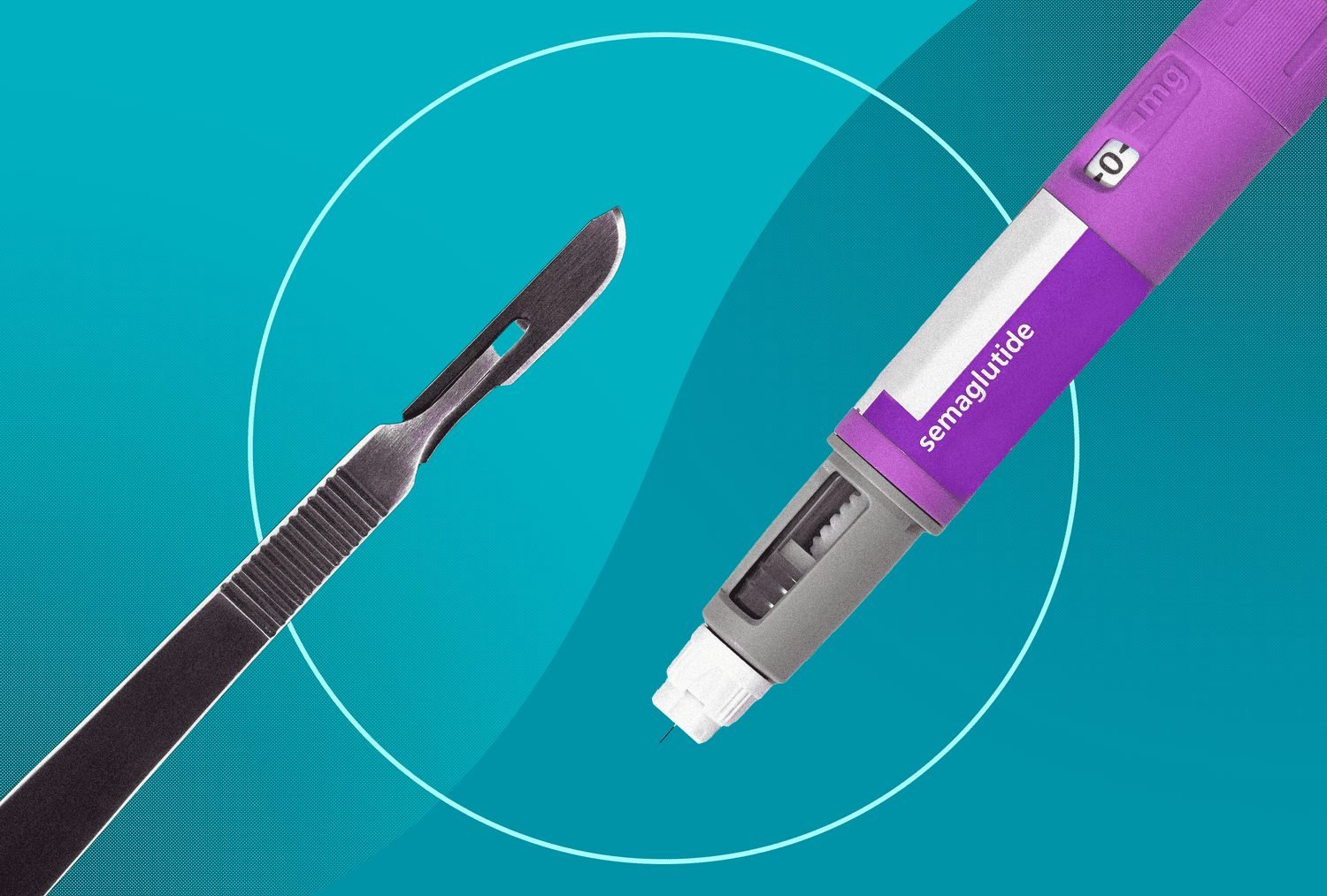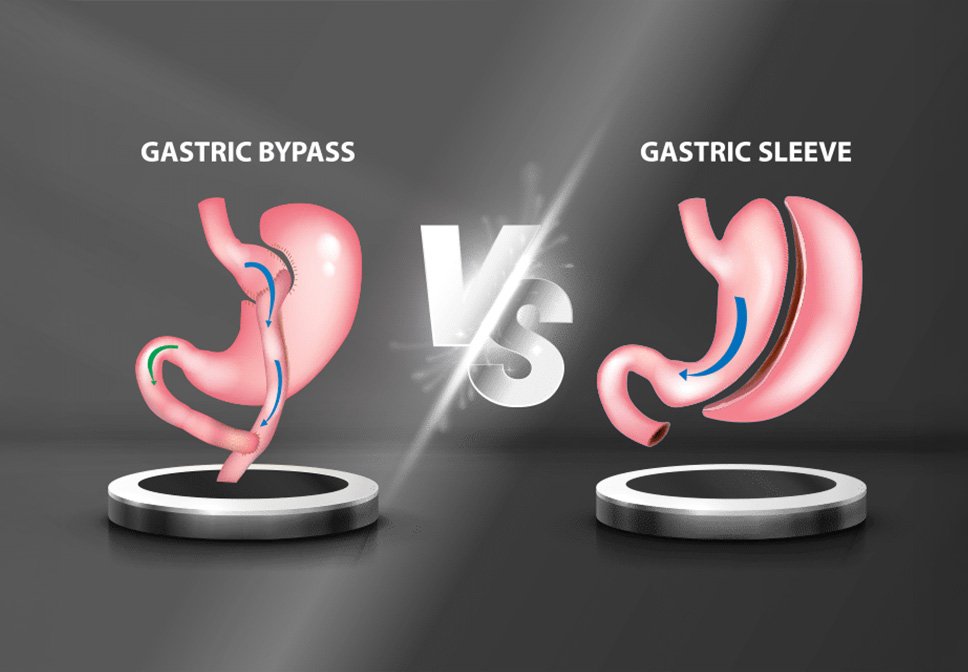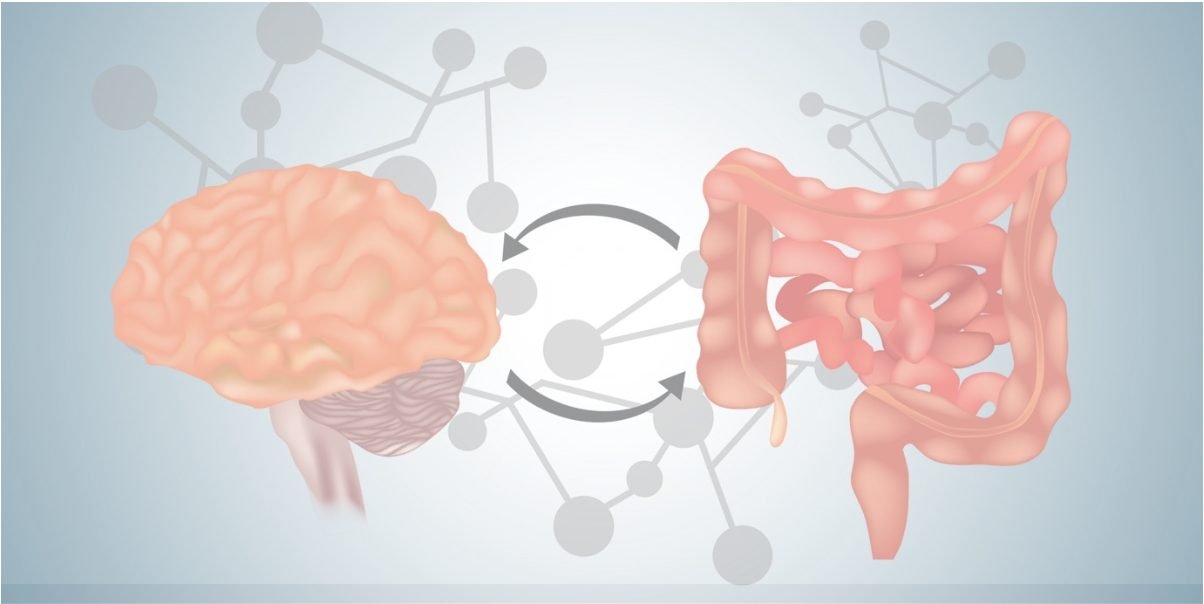Obesity is a global epidemic, and the search for long-term treatment has been one of the key challenges faced by individuals and the Health Care community. Bariatric surgery is indeed a highly effective option, although it comes with its own set of risks and precautions.
In this blog, we will explore the specific option of gastric bypass surgery and go into the details of understanding the benefits, risks and long-term outcomes of both types of gastric bypass.
Bariatric Surgery and Its Types
Bariatric surgery includes several procedures aimed at helping individuals lose weight by altering the digestive system. The main types include:
- Gastric Bypass (Roux-en-Y)
- Gastric Bypass (Roux-en-Y)
- Gastric Sleeve (Sleeve Gastrectomy)
- Adjustable Gastric Banding
Each has its advantages and suitability depending on the individual’s health, goals, and body mass index (BMI).
What Gastric Bypass Surgery Involves and How It Works
From a technical perspective, both types of gastric bypass Surgery Procedure involve fasting a small pouch of the stomach and connecting it directly to the small intestine, hence the word bypass. This provides a dual benefit of mechanical restriction and reduction of calorie and nutrition absorption. This is what makes the gastric bypass a more effective long-term solution.
What are the types of Gastric Bypass?
There are two Types of Gastric Bypass Procedures
Mini Gastric Bypass
RNY Gastric Bypass
Which Gastric Bypass is Better?
Watch this video by Dr Arun who explains this question in detail
Who Should Consider Gastric Bypass Surgery?
Gastric bypass is typically recommended for:
- Individuals with a BMI of 40 or higher
- Those with a BMI of 35 or more who also suffer from obesity-related conditions such as type 2 diabetes, hypertension, or sleep apnoea.
- People who have tried but failed to lose weight through traditional methods
- Individuals who have significant joint damage due to excess weight such as osteoarthritis of knees or hips and back pain issues
Gastric Bypass vs Gastric Sleeve: Which One Is Right for You?
While both procedures are effective, they differ in approach:
- Gastric Bypass: More complex, alters nutrient absorption, often leads to greater weight loss and more rapid resolution of comorbidities – weight related medical conditions.
- Gastric Sleeve: Gastric Sleeve simply, involves removing a portion of the stomach, does not reroute intestines, often has fewer nutritional deficiencies.
The choice between gastric bypass and gastric sleeve surgery may not be as straightforward; however should be made taking into consideration individual health profiles, risks, weight loss goals, and lifestyle considerations. An experienced bariatric surgeon can provide you with a good understanding of how these procedures compare and the most suitable option for you.
Benefits and Advantages of Gastric Bypass Surgery
- Significant Weight Loss: Patients typically lose 60-80% of excess body weight within 12–18 months.
- Improved Comorbid Conditions: Rapid improvement in type 2 diabetes, high blood pressure, and cholesterol levels.
- Enhanced Quality of Life: Increased mobility, reduced joint pain, improved self-esteem and mental health.
- Appetite Control: Changes in gut hormones help reduce hunger and cravings.
Long-Term Health Improvements After Gastric Bypass Surgery
The long-term effects of gastric bypass go beyond the scales:
- Reduced Risk of Cardiovascular Disease
- Lower Incidence of Certain Cancers
- Improved Fertility in Women with PCOS
- Long term improvement of Type 2 Diabetes
- Increased Longevity
Understanding the Risks and Rewards of Gastric Bypass
As with any surgery, gastric bypass carries risks:
- Nutrient deficiencies (iron, calcium, B12)
- Dumping syndrome (caused by eating high-sugar foods)
- Surgical complications such as infections or leaks
However, these risks are outweighed for many by the profound and lasting improvements in health and quality of life.
Recovery and Lifestyle Commitment After Gastric Bypass Surgery
Recovery typically includes:
- Hospital stay of 2–3 days
- Gradual diet progression: liquids to purees to soft foods
- Avoidance of high-sugar and high-fat foods
Long-term success requires:
- Lifelong commitment to healthy eating
- Regular physical activity
- Ongoing medical follow-ups and nutritional monitoring
Gastric Bypass Success Rates and Realistic Outcomes
John before his Gastric Bypass and 3 years after as a transformed person
Gastric bypass boasts some of the highest success rates in bariatric surgery:
- Over 70% of patients maintain 50% or more of excess weight loss long-term
- High rates of remission for obesity-related diseases
- Improved psychological wellbeing and social functioning
However, success depends on patient commitment, follow-up care, and lifestyle changes.
Is Gastric Bypass Surgery Worth It?
For the right candidate, gastric bypass surgery can be life-changing. This benefits both physical and emotional, can far outweigh the risks. It’s not a quick fix but a tool for sustainable transformation.
Conclusion
Gastric bypass surgery offers a powerful, proven pathway to long-term weight loss and improved health. At Body Genesis Institute in Melbourne, we specialise in compassionate, comprehensive and holistic care to support your journey every step of the way. If you’re asking, Why choose gastric bypass surgery?, the answer lies in its unmatched ability to restore health, hope, and vitality.
Download a FREE guide to weight loss options for women Provide a cover image of the guide















